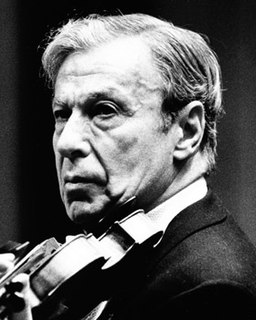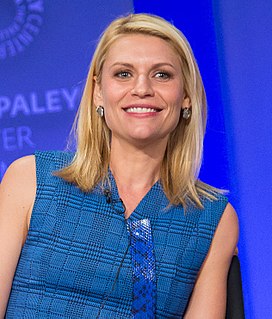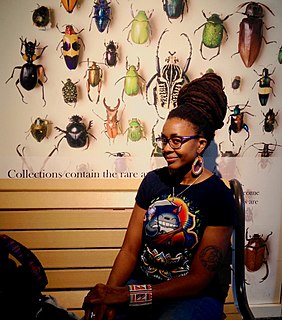A Quote by Ethan Canin
I think one of the battles for fiction writers is how much to invent or exaggerate.
Quote Topics
Related Quotes
What writers of fantasy, science fiction, and much historical fiction do for a living is different from what writers of so-called literary or other kinds of fiction do. The name of the game in F/SF/HF is creating fictional worlds and then telling particular stories set in those worlds. If you're doing it right, then the reader, coming to the end of the story, will say, "Hey, wait a minute, there are so many other stories that could be told in this universe!" And that's how we get the sprawling, coherent fictional universes that fandom is all about.
I really need to know where I'm going with fiction to write it in a way that at least I'm happy with. And I really think that a lot of fiction books end badly because terrific writers said, "I'll just figure it out" and plunge in, but have created so many problems that they are kind of impossible to solve. I mean, I'm talking really good writers do this and you can tell when they got to the end they either had to do something preposterous or they just don't really resolve things. So for fiction I spend a lot more time outlining and for humor I really don't do much of it.
I have always been intensely uncomfortable with the idea of a science fiction writer as prophet. Not that there haven't been science fiction writers who think of themselves as having some sort of prophetic role, but when I think of that, I always think of H.G. Wells - he would think of what was going to happen, and he would imagine how it would happen, and then he would create a fiction to illustrate the idea that he'd had. And no part of my process has ever resembled that at all.
When you're not doing fiction, there's a limit to how much illustrating you can do with your work. I mean, you can do fine. There are great non-fiction writers, but people aren't necessarily going to say anything that reveals them as much as a picture might. Even their surroundings, in lot of cases, the things that meant the most to me were the things I noticed in their houses. I was always looking, as much as I was listening to them. I was looking around for clues as to why I was there.
When I taught at the University of Houston in the Creative Writing program we required the poets to take workshops in fiction writing and we required the fiction writers to take workshops in poetry. And the reason for that is because the fiction writers seemed to need to learn how to pay greater attention to language itself, to the way that language works.
It's no use practicing too much. First you have to find out how to do it best. You have to be able to invent ways of doing better. Not only practice; obviously you have to practice. But to invent things how to do better. If somebody doesn't know what invention means, he should stop violin playing! You can't explain everything... Not practicing only: Think how to achieve quality.
The idea of the writer who writes nineteen novels, with various ups and downs and levels of experimentation, isn't around so much now. There's a focus, I think, on fewer books, with more pressure on each book to succeed. With that there comes, I think, a certain pressure towards shapeliness in fiction. Towards neatness. And I think writers feel that, and it can effect how they write.


































